
Deutsch-Chinesische Enzyklopädie, 德汉百科
 Wichtige internationale Organisationen
Wichtige internationale Organisationen


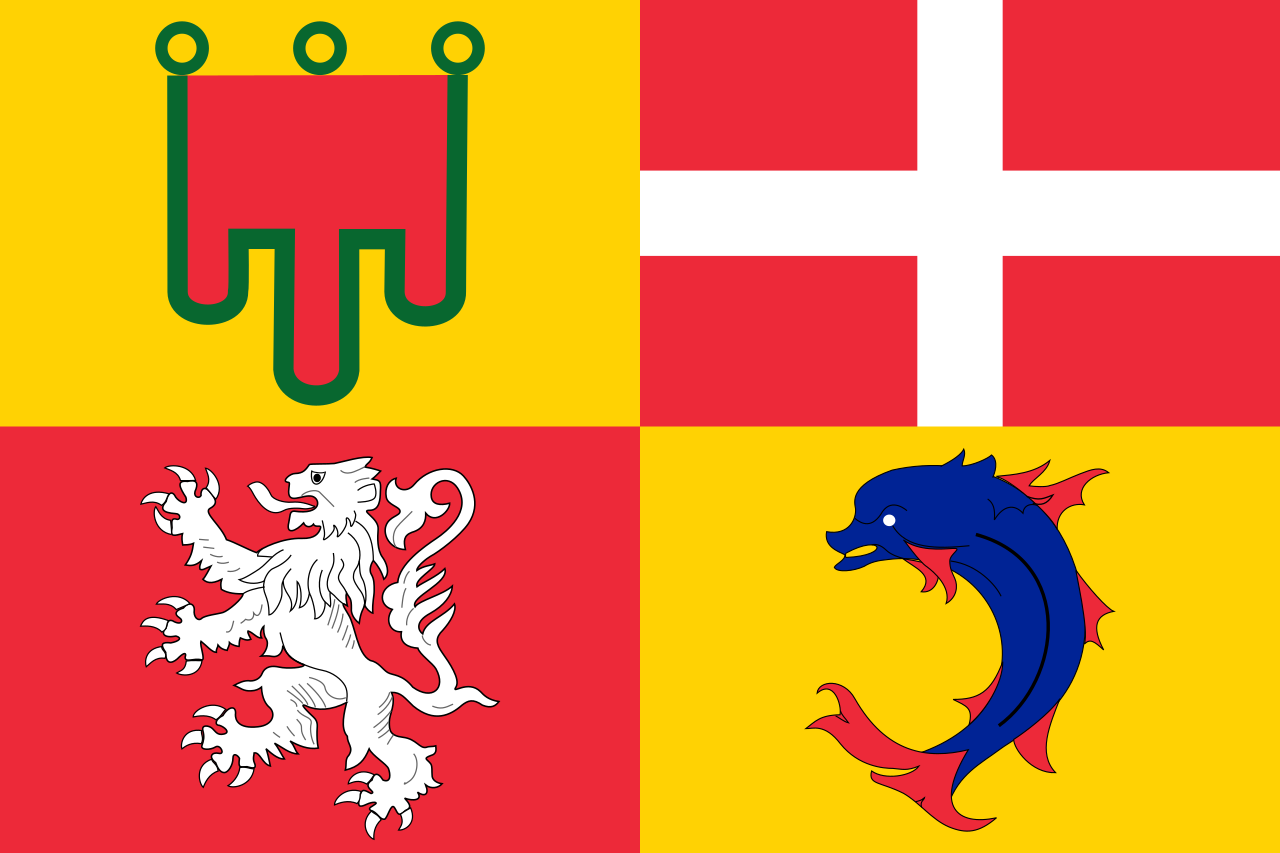 Auvergne-Rhône-Alpes
Auvergne-Rhône-Alpes
 Frankreich
Frankreich

 Hand in Hand
Hand in Hand
 Interpol
Interpol
 Jürgen Stock
Jürgen Stock

 Wichtige internationale Organisationen
Wichtige internationale Organisationen
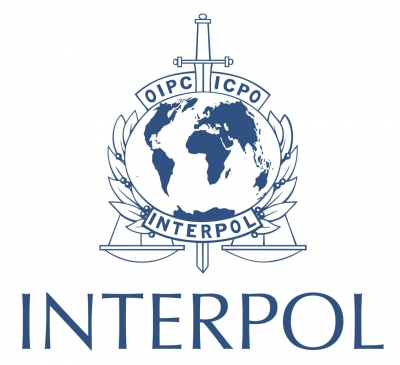
 Ägypten
Ägypten
 Algerien
Algerien
 Indonesien
Indonesien
 Iran
Iran
 Kuwait
Kuwait
 Libyen
Libyen
 Pakistan
Pakistan
 Saudi-Arabien
Saudi-Arabien
 Türkei
Türkei
 Vereinigte Arabische Emirate
Vereinigte Arabische Emirate

 Wichtige internationale Organisationen
Wichtige internationale Organisationen
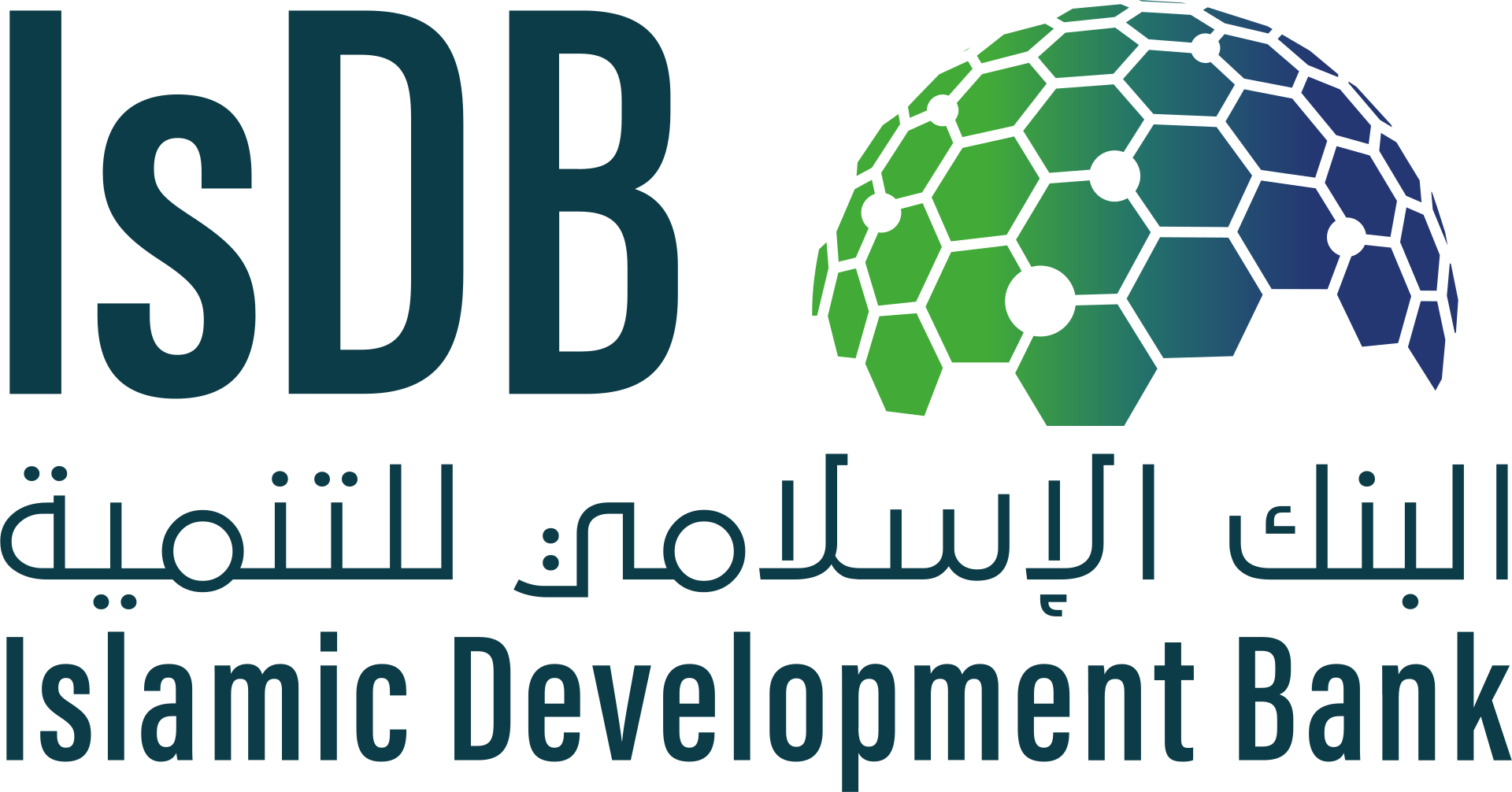

 *Capitols in den Vereinigten Staaten
*Capitols in den Vereinigten Staaten
 *Politisches System der Vereinigten Staaten
*Politisches System der Vereinigten Staaten

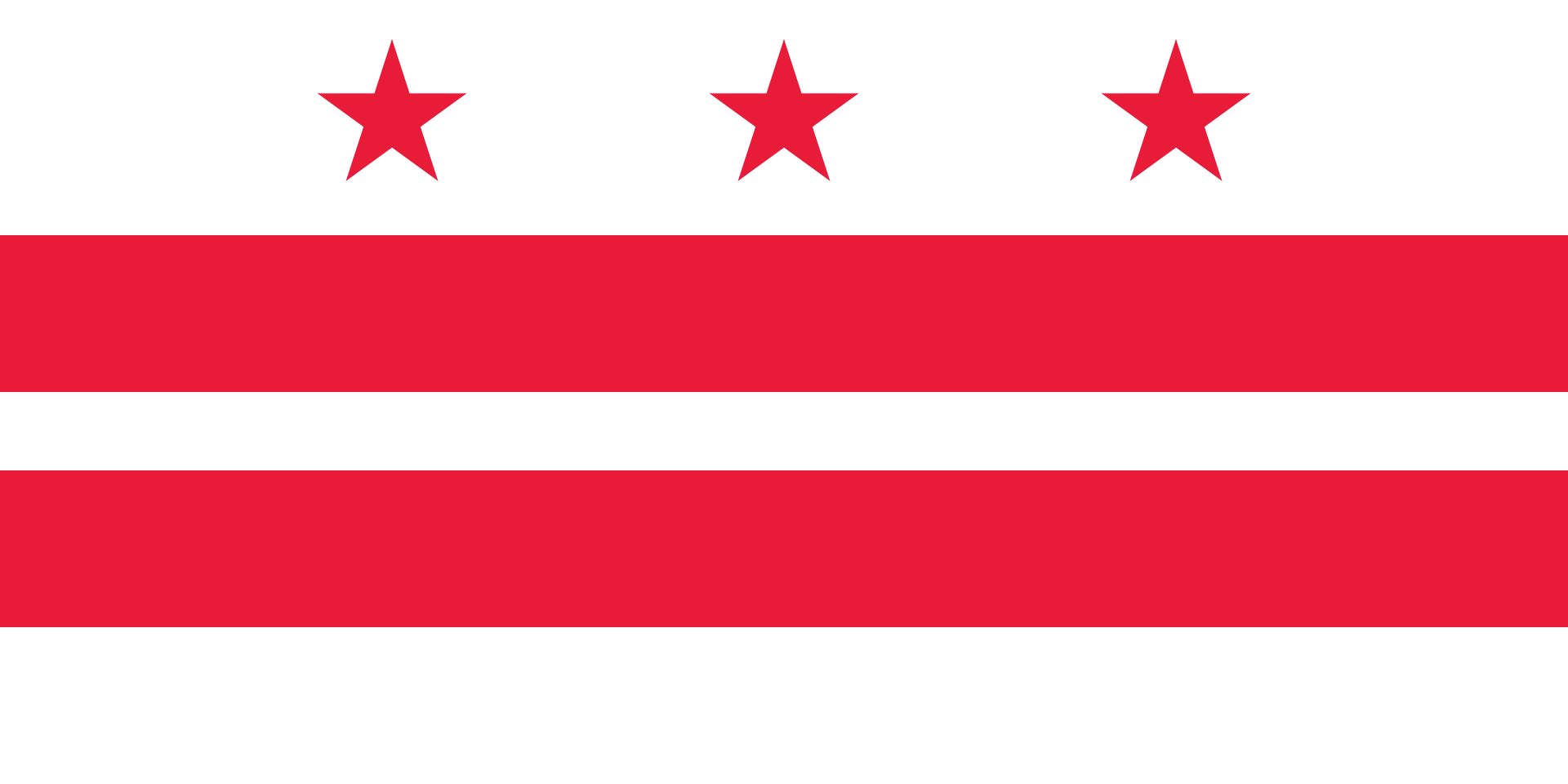 Washington, D.C.
Washington, D.C.

 Wichtige internationale Organisationen
Wichtige internationale Organisationen

 *Politisches System der Vereinigten Staaten
*Politisches System der Vereinigten Staaten
 *Politisches System des Vereinigten Königreichs
*Politisches System des Vereinigten Königreichs
 *Politisches System Frankreichs
*Politisches System Frankreichs
 Albanien
Albanien
 Belgien
Belgien
 Bulgarien
Bulgarien
 Dänemark
Dänemark
 Deutschland
Deutschland
 Estland
Estland
 Finnland
Finnland
 Frankreich
Frankreich
 Generalsekretäre der Nordatlantikpakt-Organisation
Generalsekretäre der Nordatlantikpakt-Organisation
 Anders Fogh Rasmussen
Anders Fogh Rasmussen
 Generalsekretäre der Nordatlantikpakt-Organisation
Generalsekretäre der Nordatlantikpakt-Organisation
 Dirk Stikker
Dirk Stikker
 Generalsekretäre der Nordatlantikpakt-Organisation
Generalsekretäre der Nordatlantikpakt-Organisation
 George Robertson
George Robertson
 Generalsekretäre der Nordatlantikpakt-Organisation
Generalsekretäre der Nordatlantikpakt-Organisation
 Hastings Ismay, 1. Baron Ismay
Hastings Ismay, 1. Baron Ismay
 Generalsekretäre der Nordatlantikpakt-Organisation
Generalsekretäre der Nordatlantikpakt-Organisation
 Jaap de Hoop Scheffer
Jaap de Hoop Scheffer
 Generalsekretäre der Nordatlantikpakt-Organisation
Generalsekretäre der Nordatlantikpakt-Organisation
 Javier Solana
Javier Solana
 Generalsekretäre der Nordatlantikpakt-Organisation
Generalsekretäre der Nordatlantikpakt-Organisation
 Jens Stoltenberg
Jens Stoltenberg
 Generalsekretäre der Nordatlantikpakt-Organisation
Generalsekretäre der Nordatlantikpakt-Organisation
 Joseph Luns
Joseph Luns
 Generalsekretäre der Nordatlantikpakt-Organisation
Generalsekretäre der Nordatlantikpakt-Organisation
 Manfred Wörner
Manfred Wörner
 Generalsekretäre der Nordatlantikpakt-Organisation
Generalsekretäre der Nordatlantikpakt-Organisation
 Manlio Giovanni Brosio
Manlio Giovanni Brosio
 Generalsekretäre der Nordatlantikpakt-Organisation
Generalsekretäre der Nordatlantikpakt-Organisation
 Paul-Henri Spaak
Paul-Henri Spaak
 Generalsekretäre der Nordatlantikpakt-Organisation
Generalsekretäre der Nordatlantikpakt-Organisation
 Peter Carington, 6. Baron Carrington
Peter Carington, 6. Baron Carrington
 Generalsekretäre der Nordatlantikpakt-Organisation
Generalsekretäre der Nordatlantikpakt-Organisation
 Sergio Balanzino
Sergio Balanzino
 Generalsekretäre der Nordatlantikpakt-Organisation
Generalsekretäre der Nordatlantikpakt-Organisation
 Willy Claes
Willy Claes

 Geschichte
Geschichte
 Griechenland
Griechenland
 Island
Island
 Italien
Italien
 Kanada
Kanada
 Kroatien
Kroatien
 Lettland
Lettland
 Litauen
Litauen
 Luxemburg
Luxemburg

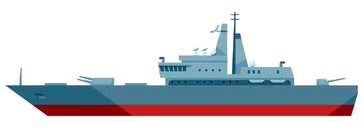
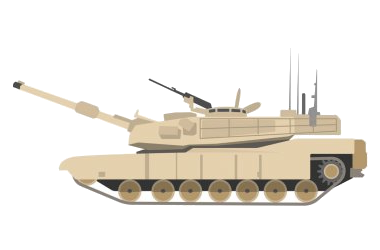
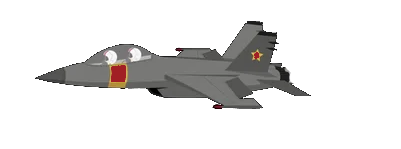
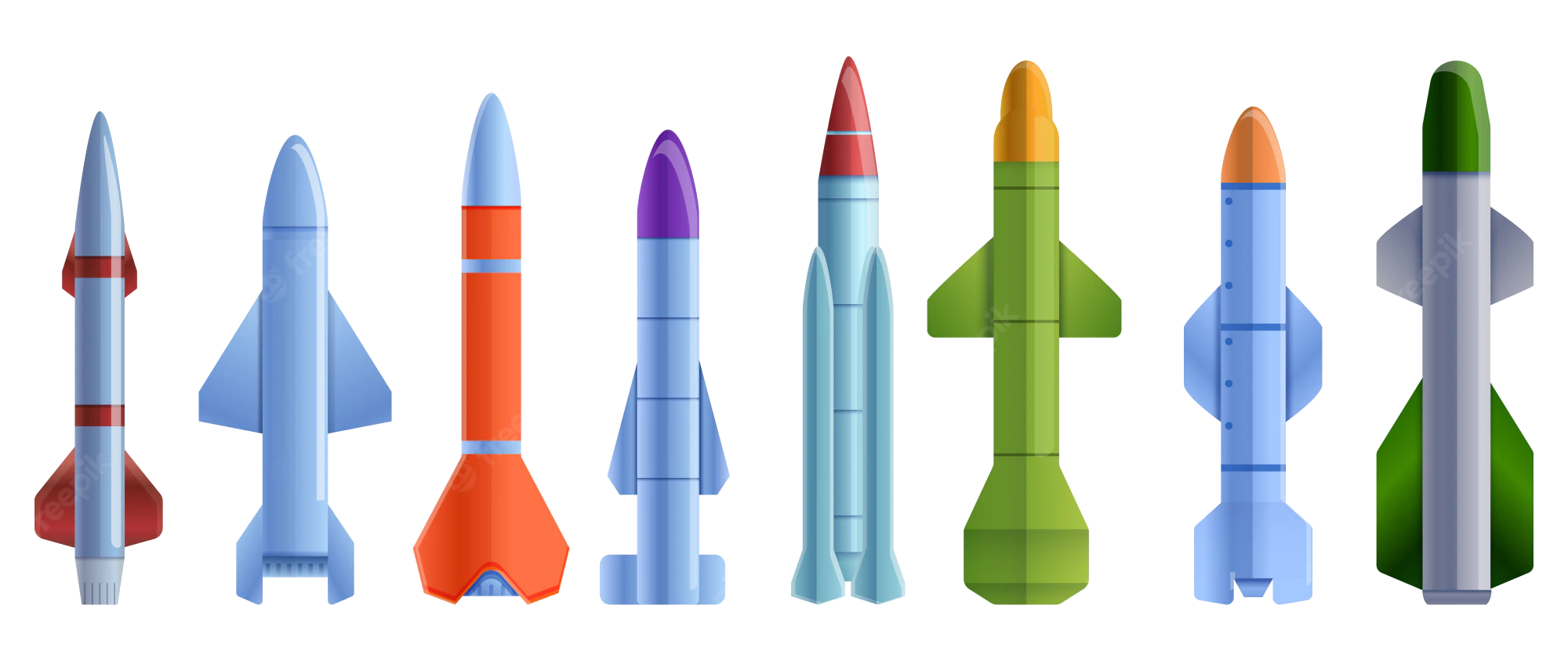 Militär,Verteidigung und Ausrüstung
Militär,Verteidigung und Ausrüstung

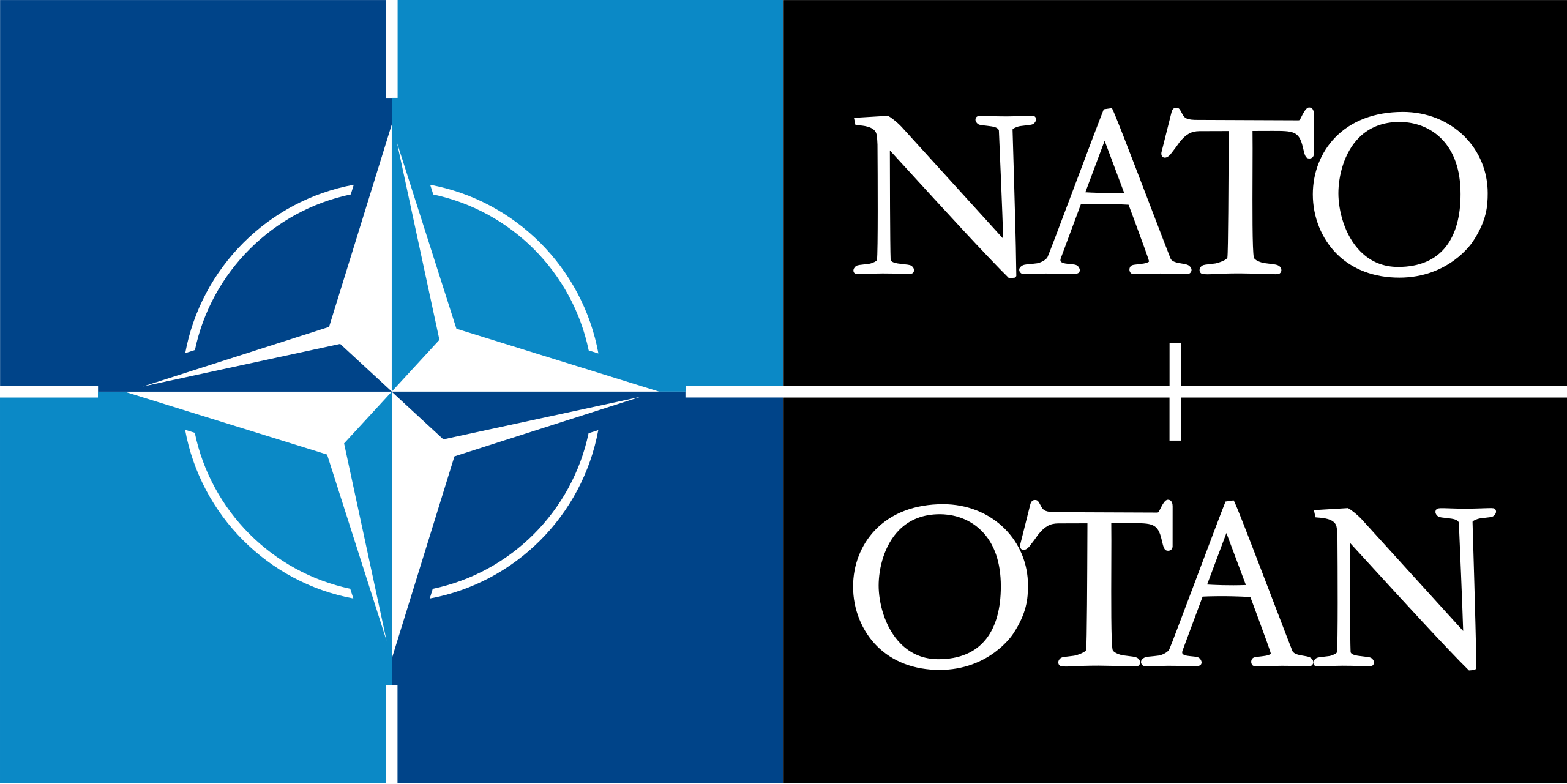 Mitglieder der NATO
Mitglieder der NATO
 Montenegro
Montenegro

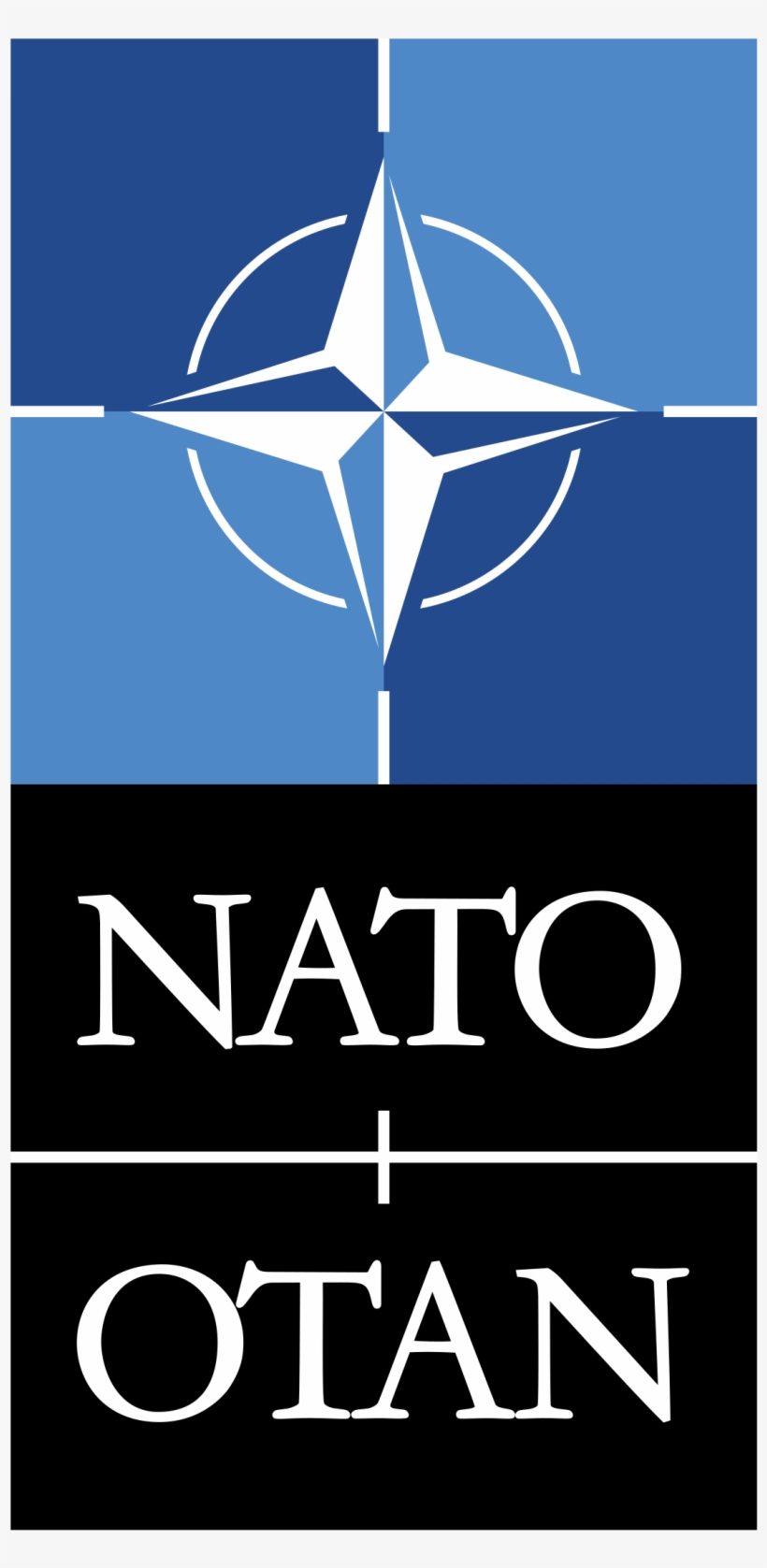 NATO summit
NATO summit
 Niederlande
Niederlande
 Nordmazedonien
Nordmazedonien
 Norwegen
Norwegen

 Parteien und Regierung
Parteien und Regierung
 Polen
Polen
 Portugal
Portugal
 Rumänien
Rumänien
 Schweden
Schweden
 Slowakei
Slowakei
 Slowenien
Slowenien
 Spanien
Spanien
 Tschechien
Tschechien
 Türkei
Türkei
 Ungarn
Ungarn
 Vereinigte Staaten
Vereinigte Staaten
 Vereinigtes Königreich
Vereinigtes Königreich

 Wichtige internationale Organisationen
Wichtige internationale Organisationen
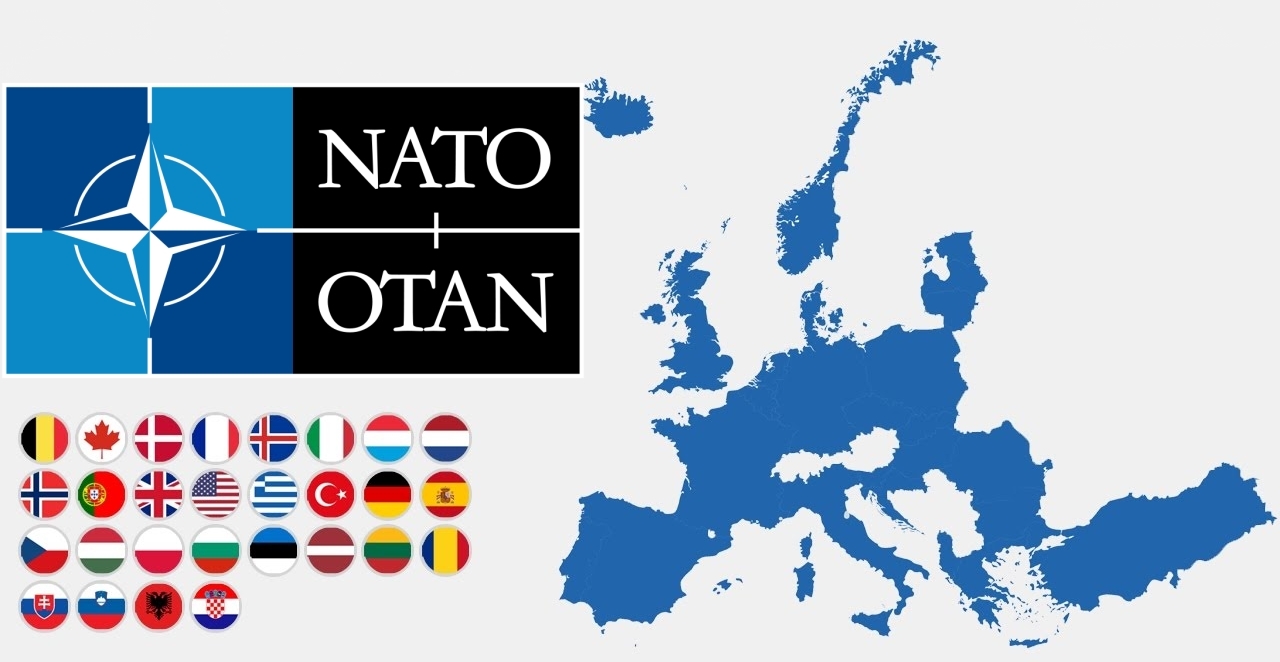
北大西洋公约组织(英语:North Atlantic Treaty Organization,缩写为NATO;法语:Organisation du Traité de l'Atlantique Nord,缩写为OTAN),简称北约组织或北约,是欧洲及北美洲国家为实现防卫合作而建立的国际组织。1949年3月18日,美国、英国及法国公开建立北大西洋公约组织,于同年4月4日在美国华盛顿签署《北大西洋公约》后正式成立。为与以前苏联为首的东欧集团国成员相抗衡。及至苏联解体,华沙条约组织宣告解散,北约就成为一个地区性防卫协作组织。北约的最高决策机构是北约理事会。理事会由成员国国家元首及政府高层、外长、国防部长组成。总部设在比利时的布鲁塞尔。最新成员黑山于2017年6月5日加入,至此北约总共有跨域欧洲和北美的29个国家组成。北约军事开支占世界国防开支的70%[4],成员国国防开支占该国GDP的2%左右[5]。
公约第5条规定成员国受到的攻击一旦被确认,其他成员国将作出即时反应。该条款被理解为各国部队将自动参战,并不再次需要各国政府的参战授权。但这一条条款在九一一事件之前,一直都未有动用过[6] 。北约曾协助反海盗行动(counter-piracy operations),在联合国要求下打击亚丁湾、非洲之角和印度洋的海盗[7],并在2011年根据联合国安理会1973号决议将利比亚上空设为禁飞区。
Die NATO (englisch North Atlantic Treaty Organization „Organisation des Nordatlantikvertrags“ bzw. Nordatlantikpakt-Organisation), im Deutschen häufig als Atlantisches Bündnis oder als Nordatlantikpakt bezeichnet (französisch OTAN – Organisation du Traité de l’Atlantique Nord), ist eine Internationale Organisation ohne Hoheitsrechte. Ihre Mitgliedstaaten behalten ihre volle Souveränität und Unabhängigkeit. Basis der NATO ist der Nordatlantikvertrag nach Artikel 51 der UN-Charta. Ihre Organisation versteht sich nicht nur als Verteidigungsbündnis, sondern auch als militärisch-politische Organisation von 29 europäischen und nordamerikanischen Mitgliedstaaten mit dem Ziel eigener Sicherheit und weltweiter Stabilität.
Das NATO-Hauptquartier beherbergt den Nordatlantikrat (das Hauptorgan der NATO) und seine unmittelbar nachgeordneten Einrichtungen, den International Staff (IS) und den International Military Staff (IMS); diese Institution hat seit 1967 ihren Sitz in Brüssel. Nach der Unterzeichnung des Nordatlantikpakts am 4. April 1949 – vorerst auf 20 Jahre – war das Hauptquartier zunächst in London ansässig und anschließend von 16. April 1952 bis 1967 in Paris angesiedelt worden.
Die beiden wichtigsten militärischen Hauptquartiere sind das ACO (aus historischen und juristischen Gründen auch als Supreme Headquarters Allied Powers Europe / SHAPE bezeichnet) im belgischen Casteau bei Mons und das Allied Command Transformation (ACT) in der US-Stadt Norfolk (Virginia).
北大西洋条約機構(きたたいせいようじょうやくきこう)は、北大西洋条約に基づき、アメリカ合衆国を中心とした北アメリカ(=アメリカとカナダ)およびヨーロッパ諸国によって結成された軍事同盟である。29カ国が加盟し、日本など非加盟国とも協力関係にある[1]。前身はブリュッセル条約 (1948年)。ベルギー首都ブリュッセルに本部を置く[2]。
略称は頭字語が用いられ、英語圏では、North Atlantic Treaty Organization を略した NATO(ネイトー)と呼ばれ、日本やドイツ語圏では NATO(ナトー)、フランス語圏・スペイン語圏・ポルトガル語圏等では OTAN(オタン)と呼ばれる。
The North Atlantic Treaty Organization (NATO /ˈneɪtoʊ/; French: Organisation du Traité de l'Atlantique Nord; OTAN), also called the North Atlantic Alliance, is an intergovernmental military alliance between 29 North American and European countries. The organization implements the North Atlantic Treaty that was signed on 4 April 1949.[3][4] NATO constitutes a system of collective defence whereby its independent member states agree to mutual defence in response to an attack by any external party. NATO’s Headquarters are located in Haren, Brussels, Belgium, while the headquarters of Allied Command Operations is near Mons, Belgium.
Since its founding, the admission of new member states has increased the alliance from the original 12 countries to 29. The most recent member state to be added to NATO is Montenegro on 5 June 2017. NATO currently recognizes Bosnia and Herzegovina, Georgia, Macedonia and Ukraine as aspiring members.[5] An additional 21 countries participate in NATO's Partnership for Peace program, with 15 other countries involved in institutionalized dialogue programs. The combined military spending of all NATO members constitutes over 70% of the global total.[6] Members have committed to reach or maintain defense spending of at least 2% of GDP by 2024.[7][8]
L’Organisation du traité de l'Atlantique norda (en anglais : North Atlantic Treaty Organization) est l'organisation politico-militaire mise en place par les pays signataires du traité de l'Atlantique nord afin de pouvoir remplir leurs obligations de sécurité et de défense collectives. Elle est le plus souvent désignée par son acronyme OTAN (en anglais NATO) mais aussi fréquemment nommée l’Alliance atlantique, plus rarement l’Alliance euro-atlantique ou l’Alliance transatlantique5, ou parfois, encore plus brièvement, simplement l’Alliance.
Le texte de ce traité, signé le 4 avril 1949, établit le Conseil de l'Atlantique nord (CAN), et lui donne mission de mettre en place l'organisation nécessaire à son application. Le choc provoqué par le déclenchement de la guerre de Corée conduit le CAN à décider fin 1950 la création d'une organisation militaire intégrée permanente, qui constitue encore actuellement la marque distinctive de l'OTAN et lui assure des capacités militaires qu'aucune autre alliance de défense ne possède. Sous le vocable OTAN, l'usage a prévalu d'englober l'alliance juridiquement conclue par les pays signataires du traité de l'Atlantique nord, et l'organisation civile et militaire mise en place pour en rendre opérants les objectifs. La France toutefois a fait exception en décidant en 1966, tout en restant membre de l'Alliance atlantique, de quitter l'organisation militaire intégrée, dont elle est redevenue membre à part entière en 2009.
L'Alliance voit le jour dans le contexte général des débuts de la guerre froide et plus spécifiquement pendant le blocus de Berlin exercé par les Soviétiques. Elle a pour vocation initiale d'assurer la sécurité de l'Europe occidentale en instaurant un couplage fort avec les États-Unis, seul moyen aux yeux des Européens après la Seconde Guerre mondiale de se prémunir contre toute tentative expansionniste de l'Union soviétique. Selon le mot de son premier secrétaire général, Lord Ismay, le rôle de l'OTAN consiste à « garder les Russes à l'extérieur, les Américains à l'intérieur et les Allemands sous tutelle »b. L'OTAN constitue le noyau dur du bloc de l'Ouest. Entre 1955 et 1991, l'adversaire désigné de l'OTAN est le pacte de Varsovie formé par les Soviétiques à la suite de l'adhésion de la RFA à l'Alliance atlantique et à son réarmement. L'OTAN s'organise donc pour faire face à cette menace par la définition de concepts stratégiques touchant notamment les questions relatives aux armes nucléaires, par la planification coordonnée entre tous ses membres de leurs moyens militaires, et par des commandements intégrés par zone géographique, dont le SHAPE est de loin le plus important.
Depuis la dissolution de l'URSS et la fin de la guerre froide en 1991, l'Alliance atlantique a perduré malgré la disparition de sa principale raison d'être initiale. Elle a procédé à son élargissement à d'anciens pays du bloc de l'Est et d'anciennes républiques de l'Union soviétique. Elle a pris en compte de nouvelles crises et menaces comme les conflits nationalistes dans l'ex-Yougoslavie, l'essor du terrorisme international ou la prolifération des armes de destruction massive, en conséquence de quoi l'OTAN a revu en profondeur son concept stratégique et son organisation civile et militaire à plusieurs reprises. Elle a développé une politique systématique de partenariats en Europe et dans le monde, au titre de laquelle les pays de l'Alliance ont établi depuis 1994 un partenariat pour la paix (PPP) avec la Russie, les pays de sa zone d'influence et avec les pays neutres d'Europe occidentale. L'OTAN a aussi mis en place en 2002 avec l'UE une relation privilégiée, l'Identité européenne de sécurité et de défense (IESD), qui permet à cette dernière de bénéficier de moyens de l'OTAN pour certaines opérations entrant dans le cadre de sa politique de sécurité et de défense commune.
Le siège de l'OTAN, initialement situé à Londres puis à Paris (dans les locaux désormais occupés par l'université Paris-Dauphine - PSL) se trouve depuis 1966 à Haren (Bruxelles), et son principal commandement militaire, le SHAPE, initialement installé à Rocquencourt (France), se trouve aujourd'hui à Maisières (Mons), également en Belgique.
L'Organizzazione del Trattato dell'Atlantico del Nord (in inglese North Atlantic Treaty Organization, in sigla NATO,[3] in francese: Organisation du Traité de l'Atlantique Nord, in sigla OTAN) è un'organizzazione internazionale per la collaborazione nel settore della difesa.
Il trattato istitutivo della NATO, il Patto Atlantico, fu firmato a Washington il 4 aprile 1949, ovvero nell'immediato secondo dopoguerra, ed entrò in vigore il 24 agosto dello stesso anno. Attualmente, fanno parte della NATO 29 stati del mondo.
La Organización del Tratado del Atlántico Norte u OTAN (en inglés: North Atlantic Treaty Organization o NATO; en francés: Organisation du Traité de l'Atlantique Nord u OTAN), también denominada Alianza del Atlántico, Alianza del Atlántico Norte o Alianza Atlántica, es una alianza militar intergubernamental basada en el Tratado del Atlántico Norte o Tratado de Washington firmado el 4 de abril de 1949. La organización constituye un sistema de defensa colectiva, en la cual los Estados miembros acuerdan defender a cualquiera de sus miembros si son atacados por una potencia externa.3
La sede de la OTAN se encuentra en Bruselas, Bélgica, uno de los veintinueve Estados miembros de la organización que se extiende por Norteamérica y Europa. La última incorporación fue Montenegro, en junio de 2017. Además, veintiún países colaboran con la OTAN dentro del programa Asociación para la Paz, con otros quince involucrados en programas de diálogo y nueve como socios globales. En 2017, el gasto militar combinado de los veintinueve países fue el 52 % del gasto militar mundial.45
En sus primeros años, la OTAN no era mucho más que una asociación política. Sin embargo, la guerra de Corea hizo que se planteara una coalición permanente. Entonces se creó una estructura militar bajo la dirección de los comandantes de Estados Unidos. La Guerra Fría llevó a las naciones rivales a crear el Pacto de Varsovia en 1955.
Siempre se han manifestado dudas sobre la alianza europeo-norteamericana ante una invasión soviética, desacuerdos que se plasmaron con la creación por parte de Francia de la fuerza de choque nuclear y con su retirada de la estructura militar de la alianza entre 1966 y 2009.
Después de la caída del Muro de Berlín en 1989, la organización intervino dentro de la guerra de Yugoslavia, lo que se convirtió en la primera intervención conjunta de la OTAN. En lo político la organización ha mejorado sus relaciones con los antiguos miembros del bloque del Este, dando como resultado la incorporación a la OTAN de varios miembros del Pacto de Varsovia.
La única ocasión en que un país miembro invocó el artículo 5 del tratado reivindicando la ayuda en su defensa, fue Estados Unidos en 2001.6 Desde entonces, los miembros colaboraron con los Estados Unidos en la guerra de Afganistán. El artículo 4 del tratado prevé llamar a consulta a los miembros y ha sido convocado cuatro veces, tres de ellas por Turquía, la primera por la guerra de Irak y las dos restantes por ataques recibidos durante la guerra civil siria,7 la cuarta ha sido invocada por Polonia durante la crisis de Crimea de 2014, debido a la movilización de tropas rusas en la frontera polaca con Kaliningrado y las maniobras rusas en el mar Báltico.
НА́ТО, Организа́ция Североатланти́ческого догово́ра, Североатлантический Альянс (англ. North Atlantic Treaty Organization, NATO; фр. Organisation du traité de l'Atlantique Nord, OTAN) — военно-политический блок, объединяющий большинство стран Европы, США и Канаду. Основан 4 апреля 1949 года в США, с целью защиты Европы от советского влияния[~ 1][~ 2][~ 3][~ 4][~ 5]. Тогда государствами — членами НАТО стали 12 стран: США, Канада, Исландия, Великобритания, Франция, Бельгия, Нидерланды, Люксембург, Норвегия, Дания, Италия и Португалия. Это «трансатлантический форум» для проведения странами-союзниками консультаций по любым вопросам, затрагивающим жизненно важные интересы его членов, включая события, способные поставить под угрозу их безопасность. Одной из декларированных целей НАТО является обеспечение сдерживания любой формы агрессии в отношении территории любого государства — члена НАТО или защиты от неё.
В настоящее время членами НАТО являются 29 стран. Военные расходы всех членов НАТО в совокупности составляют более 70 процентов от общемирового объёма[1].

Nihon Hidankyō (jap. 日本被団協, Abkürzung von 日本原水爆被害者団体協議会 Nihon gensuibaku higaisha dantai kyōgikai), in englischer Eigenübersetzung Japan Confederation of Atomic and Hydrogen Bomb Sufferers Organizations, ist eine japanische Friedensorganisation, die sich gegen die nukleare Aufrüstung in der Welt einsetzt. Sie versteht sich vor allem als einzige nationale Organisation für die Überlebenden der Atombombenabwürfe auf Hiroshima und Nagasaki zum Ende des Zweiten Weltkrieges, die als „Hibakusha“ bezeichnet werden. Die Mitglieder stammen aus allen japanischen Präfekturen. Die Organisation ist Preisträger des Friedensnobelpreises 2024.
日本原水爆被害者团体协议会(日语:日本原水爆被害者団体協議会/にほんげんすいばくひがいしゃだんたいきょうぎかい Nihon Gensuibaku Higaisha Dantaikyougikai,英语名称:Japan Confederation of A- and H-Bomb Sufferers Organizations,简称日本被团协),成立于1956年8月10日,是日本唯一的原爆“被爆者”全国组织[2]。
 Algerien
Algerien
 Angola
Angola
 Ecuador
Ecuador

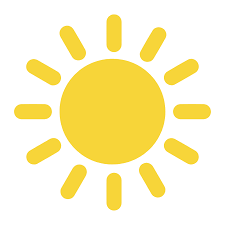 Energieressource
Energieressource

 Finanz
Finanz
 *Brasilien-Konjunkturdaten
*Brasilien-Konjunkturdaten

 Finanz
Finanz
 *China-Konjunkturdaten
*China-Konjunkturdaten

 Finanz
Finanz
 *Deutschland-Konjunkturdaten
*Deutschland-Konjunkturdaten

 Finanz
Finanz
 *Europäische Union-Konjunkturdaten
*Europäische Union-Konjunkturdaten

 Finanz
Finanz
 *Frankreich-Konjunkturdaten
*Frankreich-Konjunkturdaten

 Finanz
Finanz
 *Indien-Konjunkturdaten
*Indien-Konjunkturdaten

 Finanz
Finanz
 *Indonesien-Konjunkturdaten
*Indonesien-Konjunkturdaten

 Finanz
Finanz
 *Italien-Konjunkturdaten
*Italien-Konjunkturdaten

 Finanz
Finanz
 *Japan-Konjunkturdaten
*Japan-Konjunkturdaten

 Finanz
Finanz
 *Kanada-Konjunkturdaten
*Kanada-Konjunkturdaten

 Finanz
Finanz
 *Russland-Konjunkturdaten
*Russland-Konjunkturdaten

 Finanz
Finanz
 *Vereinigte Staaten-Konjunkturdaten
*Vereinigte Staaten-Konjunkturdaten

 Finanz
Finanz
 *Vereinigtes Königreich-Konjunkturdaten
*Vereinigtes Königreich-Konjunkturdaten

 Geographie
Geographie
 *Welt-Übersicht
*Welt-Übersicht

 Hand in Hand
Hand in Hand
 Irak
Irak
 Iran
Iran
 Kuwait
Kuwait
 Libyen
Libyen
 Nigeria
Nigeria
 OPEC
OPEC
 Republik Kongo
Republik Kongo
 Saudi-Arabien
Saudi-Arabien
 Venezuela
Venezuela
 Vereinigte Arabische Emirate
Vereinigte Arabische Emirate

 Wichtige internationale Organisationen
Wichtige internationale Organisationen

石油输出国组织(英语:Organization of the Petroleum Exporting Countries,OPEC,发音为/ˈoʊpɛk/ OH-pek;简称欧佩克、油盟或油组)是由伊朗、伊拉克、科威特、沙特阿拉伯和委内瑞拉五国为共同应对由英美主导的七姊妹跨国石油公司,并且维护石油这一稳定收入,而于1960年在巴格达成立的一个政府间组织。总部自1965年以来设于奥地利维也纳,截至2018年2月拥有14个成员国。2016年,14个国家估计占全球石油产量的44%,占全球探明石油储量的73%。这使得欧佩克可以对全球原油价格产生重大影响。
石油输出国组织的既定使命是“协调统一成员国的石油政策与价格、确保石油市场的稳定,以确保为石油消费国有效、经济而稳定的石油供应,为产油国提供适度的尊重和稳定的收入,为投资于石油行业的资本提供公平的回报。”[2]该组织也是国际石油市场信息的重要提供者。截至2017年5月,石油输出国组织(欧佩克)的成员除了前加入的五个外还包括阿尔及利亚(1969年加入)、阿拉伯联合酋长国(1967年加入)、安哥拉(2007年加入)、厄瓜多尔(1973年加入,1992年退出,2007年再加入)、赤道几内亚(2017年加入)、加蓬(1975年加入,1995年初退出,2016年再加入)、利比亚(1962年加入)、尼日利亚(1971年加入)、卡塔尔(1961年加入,2019年1月退出)、刚果共和国(2018年加入),而印尼则是其前成员(1962年加入,2008年底退出,2016年1月重新加入,同年12月再度退出)。沙特阿拉伯是该组织事实上的(英语:De facto)领导者。三分之二的石油输出国组织的石油产储量位于围绕富油波斯湾的六个中东国家。
Die Organisation erdölexportierender Länder (kurz OPEC, von englisch Organization of the Petroleum Exporting Countries) ist eine 1960 gegründete internationale Organisation mit Sitz in Wien. Derzeit gehören dem Kartell fünfzehn Staaten an: Algerien, Angola, Ecuador, Äquatorialguinea, Gabun, Iran, Irak, die Republik Kongo, Kuwait, Libyen, Nigeria, Katar, Saudi-Arabien, die Vereinigten Arabischen Emirate und Venezuela.[1] Indonesien ist Ende 2016 ausgetreten.
Fünf OPEC-Mitglieder (Saudi-Arabien, Iran, Kuwait, Venezuela, Vereinigte Arabischen Emirate) gehören zu den zehn größten Erdölförderern der Welt. Insgesamt fördern die OPEC-Mitgliedstaaten ungefähr 40 Prozent der weltweiten Erdölproduktion und verfügen über drei Viertel der weltweiten Erdölreserven. Nachdem einige Nicht-OPEC-Staaten ihr Ölfördermaximum überschritten haben, wird erwartet, dass der Einfluss der OPEC steigt. Andererseits stellen manche Experten (z. B. Matthew Simmons) die Angaben zu den Reserven in Frage, etwa die Saudi-Arabiens.
石油輸出国機構(せきゆゆしゅつこくきこう、英: Organization of the Petroleum Exporting Countries、略称:OPEC(日本語発音:オペックopec 、アメリカ英語発音:[ˈoʊpek] オウペク))は、国際石油資本などから石油産出国の利益を守ることを目的として、1960年9月14日に設立された組織である。設立当初は、イラン、イラク、クウェート、サウジアラビア、ベネズエラの5ヶ国を加盟国としていたものの、後に加盟国は増加し、2018年7月現在では15ヶ国が加盟している。世界最大のカルテルとされ、1970年代には石油の価格決定権を国際石油資本より奪い、2度のオイルショックを引き起こしたが、1986年からは石油価格の決定権は自由市場へと移ったこともあり、現在では価格統制力はそれほど強いものではない。なお、オーストリアは加盟国ではないものの、石油輸出国機構の本部は首都ウィーンに設置されている。
The Organization of the Petroleum Exporting Countries (OPEC, /ˈoʊpɛk/ OH-pek) is an intergovernmental organisation of 14 nations, founded in 1960 in Baghdad by the first five members (Iran, Iraq, Kuwait, Saudi Arabia, and Venezuela), and headquartered since 1965 in Vienna, Austria. As of September 2018, the then 15 member countries accounted for an estimated 44 percent of global oil production and 81.5 percent of the world's "proven" oil reserves, giving OPEC a major influence on global oil prices that were previously determined by the so called "Seven Sisters” grouping of multinational oil companies.
The stated mission of the organisation is to "coordinate and unify the petroleum policies of its member countries and ensure the stabilization of oil markets, in order to secure an efficient, economic and regular supply of petroleum to consumers, a steady income to producers, and a fair return on capital for those investing in the petroleum industry."[4] The organization is also a significant provider of information about the international oil market. The current OPEC members are the following: Algeria, Angola, Ecuador, Equatorial Guinea, Gabon, Iran, Iraq, Kuwait, Libya, Nigeria, the Republic of the Congo, Saudi Arabia (the de facto leader), United Arab Emirates, and Venezuela. Indonesia and Qatar are former members.
The formation of OPEC marked a turning point toward national sovereignty over natural resources, and OPEC decisions have come to play a prominent role in the global oil market and international relations. The effect can be particularly strong when wars or civil disorders lead to extended interruptions in supply. In the 1970s, restrictions in oil production led to a dramatic rise in oil prices and in the revenue and wealth of OPEC, with long-lasting and far-reaching consequences for the global economy. In the 1980s, OPEC began setting production targets for its member nations; generally, when the targets are reduced, oil prices increase. This has occurred most recently from the organization's 2008 and 2016 decisions to trim oversupply.
Economists often cite OPEC as a textbook example of a cartel that cooperates to reduce market competition, but one whose consultations are protected by the doctrine of state immunity under international law. In December 2014, "OPEC and the oil men" ranked as #3 on Lloyd's list of "the top 100 most influential people in the shipping industry".[5] However, the influence of OPEC on international trade is periodically challenged by the expansion of non-OPEC energy sources, and by the recurring temptation for individual OPEC countries to exceed production targets and pursue conflicting self-interests.
L'Organisation des pays exportateurs de pétrole (OPEP) (en anglais Organization of Petroleum Exporting Countries (OPEC)), est une organisation intergouvernementale (un cartel) de pays visant à négocier avec les sociétés pétrolières pour tout ce qui touche à la production de pétrole, son prix et les futurs droits de concession1. Depuis le 1er août 2016, le secrétaire général de l'OPEP est l'ancien patron de la compagnie nationale des hydrocarbures du Nigeria (NNPC) Mohammed Barkindo2.
L'Organizzazione dei Paesi esportatori di petrolio, meglio conosciuta come OPEC (Organization of the Petroleum Exporting Countries), fondata nel 1960, comprende dodici Paesi che si sono associati, formando un cartello economico, per negoziare con le compagnie petrolifere aspetti relativi alla produzione di petrolio, prezzi e concessioni. La sede dell'OPEC, dapprima stabilita a Ginevra, a partire dal 1º settembre 1965 è stata trasferita a Vienna.
Gli stati membri OPEC controllano circa il 78% delle riserve mondiali accertate di petrolio, il 50% di quelle di gas naturale e forniscono circa il 42% della produzione mondiale di petrolio ed il 17% di quella di gas naturale.[1] L'organizzazione parallela dell'OAPEC (Organizzazione dei Paesi Arabi Esportatori di Petrolio), fondata nel 1968 nel Kuwait, si occupa del coordinamento delle politiche energetiche dei paesi Arabi che fanno parte dell'OPEC.
La Organización de Países Exportadores de Petróleo (OPEP) es un organismo internacional fundado en Bagdad, Irak, en 1960. Actualmente lo conforman 15 países, de los cuales 5 son miembros fundadores (Arabia Saudita, Kuwait, Irán, Irak y Venezuela). Desde 1965 tiene sede en Viena, Austria. Constituido a iniciativa del Gobierno de Venezuela, presidido por Rómulo Betancourt, y el entonces presidente de Irak, Muhammad Najib ar-Ruba'i, en respuesta a la concentración de poder político y económico de los Estados Unidos como principal productor y consumidor de petróleo del mundo en el período de posguerra.
La OPEP "puede tener una gran influencia en el mercado de petróleo, especialmente si decide reducir o aumentar su nivel de producción".1 El 43% de la producción mundial de petróleo y el 81% de las reservas mundiales de petróleo se encuentran en países miembros de la OPEP.2 Su dominio en las exportaciones de crudo, para el tercer trimestre del año 2016, se sitúa en alrededor del 34,9%.3 Además, concentra la totalidad de la capacidad necesaria de producción de petróleo del mundo, lo que, de facto, convierte a la Organización de países exportadores de petróleo en el banco central del mercado petrolero.
La cuota de mercado de la organización aumentará en el futuro, ya que la Agencia Internacional de la Energía prevé que la producción de petróleo convencional de los países que no forman parte de la OPEP alcanzará su máximo alrededor de 2015.
La OPEP es una organización reconocida desde el 6 de noviembre de 1962 por la Organización de las Naciones Unidas (ONU), gracias a la resolución número 6.363.[cita requerida] La OPEP tuvo su sede en Ginebra (Suiza) entre 1960 y 1965, y después trasladó su sede a Viena, gracias a las facilidades que otorgó el gobierno austríaco.
Los estatutos de la OPEP establecen que su objetivo es coordinar y unificar las políticas petroleras entre los países miembros, con el fin de garantizar unos precios justos y estables para los productores de petróleo, el abastecimiento eficiente, económico y regular de petróleo a los países consumidores y un rendimiento justo del capital de los inversores.
Los países miembros lograron un significativo aumento del precio del petróleo, sobre todo en los años 1973, 1974 y 1979, y una mayor participación y control sobre la explotación realizada en sus territorios.
La OPEP vivió su primera ampliación en 30 años en enero de 2007 cuando Angola se convirtió de forma oficial en el duodécimo socio del grupo, tras pedir su ingreso en la reunión de la OPEP en Abuya (Nigeria) de diciembre de 2006 y haber sondeado al grupo en la reunión de Caracas (Venezuela) de ese mismo año.
A comienzos del año 2007 el gobierno de Ecuador anunció la posibilidad de regresar a la organización,4 hecho que se materializó finalmente en noviembre de ese mismo año.
Posteriormente, Indonesia suspendió su membresía nuevamente en 2016,5 luego de dos años de haber reingresado a la organización, tras su salida en 2008.
Recientemente, Gabón reingresó a la organización en el año 2016, luego de haber suspendido su membresía en el año 1995; mientras que Guinea Ecuatorial se unió por primera vez a la organización en mayo de 2017.6
Catar, uno de los productores de crudo más pequeños dentro de la Organización, ha anunciado su retiro del organismo para enero de 2019. Así lo dio a conocer su ministro de energía, Saad Sherida al-Kaabi, durante una rueda de prensa el lunes 3 de diciembre de 2018.7
Otros países productores de petróleo, aunque no son integrantes de la OPEP, como Sudán, México, Noruega, Rusia, Kazajistán, Omán y Egipto, participan regularmente como observadores en las reuniones ordinarias del grupo.
Организа́ция стран — экспортёров не́фти (англ. The Organization of the Petroleum Exporting Countries; сокращённо ОПЕ́К, англ. OPEC) — международная межправительственная организация, созданная нефтедобывающими странами в целях контроля квот добычи на нефть. Часто рассматривается как картель. В состав ОПЕК входят 15 стран[4]: Алжир, Ангола, Венесуэла, Габон, Иран, Ирак, Конго, Кувейт, Катар (с января 2019 выходит из альянса), Ливия, Объединённые Арабские Эмираты, Нигерия, Саудовская Аравия, Экваториальная Гвинея и Эквадор. Штаб-квартира расположена в Вене. Генеральный секретарь (с 01 августа 2016 г.) — Мохаммед Баркиндо.[5]
Страны члены ОПЕК контролируют около 2/3 мировых запасов нефти. На их долю приходится ~35 % от всемирной добычи или половина мирового экспорта нефти. Доказанные запасы нефти стран, входящих в ОПЕК, в настоящее время составляют 1199,71 миллиарда баррелей.

Die Organisation des Vertrags über kollektive Sicherheit, kurz: OVKS (russisch Организация Договора о коллективной безопасности – ОДКБ Organisazija Dogowora o Kollektiwnoi Besopasnosti – ODKB; englisch Collective Security Treaty Organization – CSTO), ist ein im Jahre 2002 auf Grundlage des 1992 geschlossenen Vertrages über kollektive Sicherheit (VKS) gegründetes Militärbündnis zwischen mehreren früheren Mitgliedsstaaten der Sowjetunion, das von Russland angeführt wird. Oberstes Organ der OVKS ist der Rat für kollektive Sicherheit.
集体安全条约组织(英语:Collective Security Treaty Organization,简称为CSTO;俄语:Организация Договора о Коллективной Безопасности,缩写作 ОДКБ)是1992年5月15日签署的政府间军事联盟。1992年独立国家联合体中的六个国家俄罗斯、亚美尼亚、哈萨克斯坦、吉尔吉斯斯坦、塔吉克斯坦和乌兹别克斯坦签署了“集体安全条约”(也称为“塔什干条约”)。[1] 另外三个国家阿塞拜疆、白俄罗斯和格鲁吉亚在第二年签署了该条约,并于1994年生效。五年后,9个国家中除阿塞拜疆、格鲁吉亚和乌兹别克斯坦以外,其他6个同意将该条约再延长5年,2002年,这6个国家同意建立集体安全条约组织,作为一个军事联盟。乌兹别克斯坦于2006年重新加入集体安全条约组织,但于2012年退出。

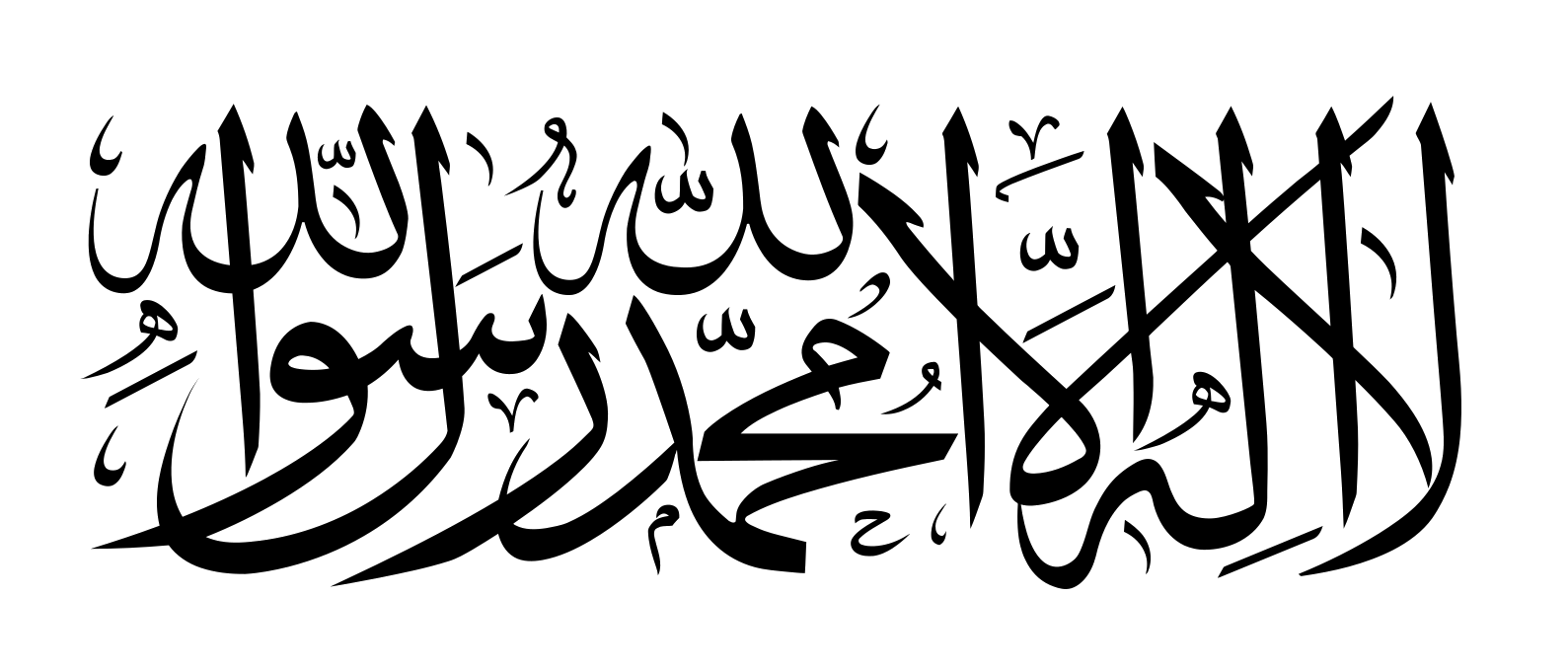 Afghanistan
Afghanistan
 Ägypten
Ägypten
 Albanien
Albanien
 Algerien
Algerien
 Aserbaidschan
Aserbaidschan
 Bahrain
Bahrain
 Bangladesh
Bangladesh
 Benin
Benin
 Brunei Darussalam
Brunei Darussalam
 Burkina Faso
Burkina Faso
 Côte d´Ivoire
Côte d´Ivoire
 Dschibuti
Dschibuti
 Gabun
Gabun
 Gambia
Gambia
 Guinea
Guinea
 Guinea-Bissau
Guinea-Bissau
 Guyana
Guyana
 Indonesien
Indonesien
 Irak
Irak
 Iran
Iran
 Jemen
Jemen
 Jordanien
Jordanien
 Kamerun
Kamerun
 Kasachstan
Kasachstan
 Katar
Katar
 Kirgisistan
Kirgisistan
 Komoren
Komoren
 Kuwait
Kuwait
 Libanon
Libanon
 Libyen
Libyen
 Malaysia
Malaysia
 Malediven
Malediven
 Mali
Mali
 Marokko
Marokko
 Mauretanien
Mauretanien
 Mosambik
Mosambik
 Niger
Niger
 Nigeria
Nigeria
 Oman
Oman
 Pakistan
Pakistan
 Palästina
Palästina
 Republik Sudan
Republik Sudan
 Saudi-Arabien
Saudi-Arabien
 Senegal
Senegal
 Sierra Leone
Sierra Leone
 Somalia
Somalia
 Suriname
Suriname
 Syrien
Syrien
 Tadschikistan
Tadschikistan
 Togo
Togo
 Tschad
Tschad
 Tunesien
Tunesien
 Türkei
Türkei
 Turkmenistan
Turkmenistan
 Uganda
Uganda
 Usbekistan
Usbekistan
 Vereinigte Arabische Emirate
Vereinigte Arabische Emirate

 Wichtige internationale Organisationen
Wichtige internationale Organisationen
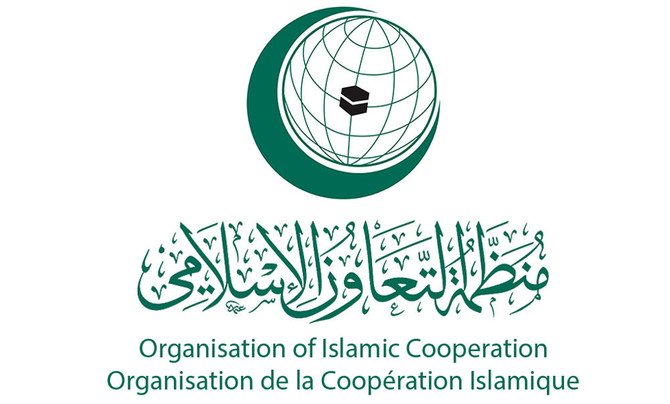
伊斯兰合作组织(阿拉伯语:منظمة التعاون الإسلامي;英语:Organisation of Islamic Cooperation;法语:Organisation de la coopération islamique)原名伊斯兰会议组织,是一个伊斯兰世界的政府间国际组织,为联合国大会观察员;该组织由遍及西亚(中东)、中亚、西非、北非、印度次大陆和东南亚的57个国家组成,覆盖的人口约为16亿。秘书处设在沙特阿拉伯王国的吉达市;现任秘书长是原沙特社会事务大臣Yousef Al-Othaimeen(从2016年开始)。
组织的宗旨是促进各成员国之间在经济、社会、文化和科学等方面的合作;努力消除种族隔离和种族歧视,反对一切形式的殖民主义;支持巴勒斯坦人民恢复民族权利和重返家园的斗争;支持穆斯林保障其尊严、独立和民族权利的斗争。
但要注意的是并非每个成员国是伊斯兰国家,如圭亚那、苏里南、莫桑比克、喀麦隆、乌干达和加蓬等国,伊斯兰反而是极少数人的信仰,阿尔巴尼亚则是唯一加入该组织的欧洲大陆的主权国家和联合国会员国,2011年脱离苏丹独立的南苏丹也在独立后脱离该组织的势力范围。
Die Organisation für Islamische Zusammenarbeit (arabisch منظمة التعاون الإسلامي, DMG Munaẓẓamat at-Taʿāwun al-islāmī; englisch Organization of Islamic Cooperation, OIC; französisch L’Organisation de Coopération Islamique, OCI; früher Organisation der Islamischen Konferenz) ist eine zwischenstaatliche internationale Organisation von derzeit 56 Staaten,[2] in denen der Islam Staatsreligion, Religion der Bevölkerungsmehrheit oder Religion einer nennenswerten Minderheit ist. Die Organisation nimmt für sich in Anspruch, den Islam zu repräsentieren. Mehrere größere Mitgliedsstaaten (Saudi-Arabien, Ägypten, die Türkei und der Iran) erheben hinter den Kulissen Führungsansprüche; die jeweils anderen Staaten bestreiten deren Recht dazu. Infolge dieser Rivalitäten ist die OIC seit 2017 kaum handlungsfähig.[3]
イスラム協力機構(イスラムきょうりょくきこう、アラビア語: منظمة التعاون الاسلامي、略称OIC; 英語: Organisation of Islamic Cooperation、略称OCI; フランス語: Organisation de la coopération Islamique)は、イスラム諸国をメンバーとして構成され、国際連合に対する常任代表を有する国際機構。公用語はアラビア語、英語、フランス語。かつてはイスラム諸国会議機構(منظمة المؤتمر الإسلامي、英語: Organisation of the Islamic Conference、フランス語: Organisation de la Conférence Islamique)という名称であったが、2011年6月にカザフスタンのアスタナでの会議で「イスラム協力機構」への変更と紋章が決定された[1]。
イスラム諸国の政治的協力、連帯を強化すること、イスラム諸国に対する抑圧に反対し、解放運動を支援することを目的とする。
加盟国はムスリム(イスラム教徒)が国民の多数を占める西アジア、北アフリカ、西アフリカ、東アフリカ、中央アジア、南アジア、東南アジアなどの57か国、オブザーバーが5ヵ国・8組織(国連など)からなり、世界13億人のムスリムの大部分を代表する。
加盟条件としては、国内でムスリムが大多数を占めることを必ずしも条件としているわけではなく、南アメリカのいくつかの国のようにマイノリティとしてある程度のムスリム人口を抱えているだけであっても、外相会議における審査で承認されればイスラム諸国のひとつとして機構に加盟することができる。イスラム教徒が多数派を占める国はほとんど参加しているが、イスラム教徒比率の高い国のうちエチオピア(30~50%)とタンザニア(約30%)が加盟していない。イスラム教徒人口の多い国で言えばインド(約1億5000万人)や中国(約2000万人)も加盟していない。逆にイスラム教徒比率の低い国ではガボン、ウガンダ、スリナム、ガイアナなどが加盟している(それぞれ10%未満)。
The Organisation of Islamic Cooperation (OIC; Arabic: منظمة التعاون الإسلامي; French: Organisation de la coopération islamique), formerly the Organisation of the Islamic Conference, is an international organization founded in 1969, consisting of 57 member states, with a collective population of over 1.8 billion as of 2015 with 53 countries being Muslim-majority countries. The organisation states that it is "the collective voice of the Muslim world" and works to "safeguard and protect the interests of the Muslim world in the spirit of promoting international peace and harmony".[1]
The OIC has permanent delegations to the United Nations and the European Union. The official languages of the OIC are Arabic, English, and French.
L’Organisation de la coopération islamique (OCI), en arabe : منظمة التعاون الإسلامي (Munaẓẓamat at-Taʿāwun al-islāmī), en anglais : Organisation of Islamic Cooperation (OIC), appelée jusqu'en 2011 Organisation de la conférence islamique (en arabe : منظمة المؤتمر الإسلامي, en anglais : Organisation of the Islamic Conference), est une organisation intergouvernementale créée le 25 septembre 1969. Son siège se situe à Djeddah en Arabie saoudite et elle possède une délégation permanente aux Nations unies.
Regroupant 57 États membres, sa vocation est de promouvoir la coopération dans les domaines économiques, sociaux, culturels et scientifiques (grâce notamment à la Banque islamique de développement), mais aussi la sauvegarde des lieux saints de l'islam ou encore le soutien au peuple palestinien. À l'échelle mondiale, il n'existe pas d'autre organisation confessionnelle dont les membres signataires soient des États.
Ses trois langues officielles sont l'arabe, l'anglais et le français2.
L'Organizzazione della cooperazione islamica (in arabo: منظمة التعاون الإسلامي, Munaẓẓamat al-taʿāwun al-islāmī; in inglese: Organization of the Islamic Cooperation, OIC; in francese: Organisation de la coopération islamique, OCI) è un'organizzazione internazionale con una delegazione permanente presso le Nazioni Unite. Rappresenta 56 Stati dell'Europa, Vicino Oriente, Medio Oriente, America meridionale, Africa, Asia centrale e del Subcontinente indiano.[1]
L'organizzazione, fondata a Rabat, in Marocco, il 25 settembre 1969 con il nome Organisation of the Islamic Conference, in arabo: منظمة المؤتمر الإسلامي, Munaẓẓamat al-muʾtamar al-islāmī; (FR) Organisation de la conférence islamique, mutato nell'attuale nel 2011.[2]
Ha come finalità la salvaguardia degli interessi e lo sviluppo delle popolazioni musulmane nel mondo.
Il 10 ottobre 1975 le è stato riconosciuto lo status di osservatore dell'Assemblea generale delle Nazioni Unite.
La Organización para la Cooperación Islámica (Árabe:منظمة التعاون الاسلامي); (Francés: Organisation de la Coopération Islamique); (Inglés: Organisation of Islamic Cooperation) es un organismo internacional que agrupa a los estados de confesión musulmana, creado en 1969 durante la Conferencia de Rabat y formalizada dos años después.
Su sede está en Yidda, ciudad costera de Arabia Saudí a orillas del Mar Rojo. Sus miembros son países con mayoría de población musulmana o con una comunidad significativa en ellos, con Estados miembros y observadores de África, Asia, Europa y América del Sur. El 28 de junio de 2011 se oficializó el cambio de nombre,1 anteriormente se llamó: Organización de la Conferencia Islámica (Árabe:منظمة المؤتمر الإسلامي); (Francés: Organisation de la Conférence Islamique); (Inglés:Organization of the Islamic Conference).
Sus acciones se circunscriben a la actividad colaborativa entre sus miembros, sobre todo en la lucha contra el imperialismo, el neocolonialismo y por la emancipación de Palestina. Históricamente se celebraron diversos congresos que contribuyeron con su desarrollo: Lahore (1974), La Meca (1981), Casablanca (1984), Kuwait (1987), Dakar (1991). Sus repercusiones son menores que las de la Liga Árabe.
Организация исламского сотрудничества (англ. Organisation of Islamic Cooperation (OIC), араб. منظمة التعاون الاسلامي) — международная организация исламских стран (до 2011 года называлась Организация Исламская конференция (ОИК).
 Organisation für Sicherheit und Zusammenarbeit in Europa
Organisation für Sicherheit und Zusammenarbeit in Europa
 Österreich
Österreich

 Wichtige internationale Organisationen
Wichtige internationale Organisationen

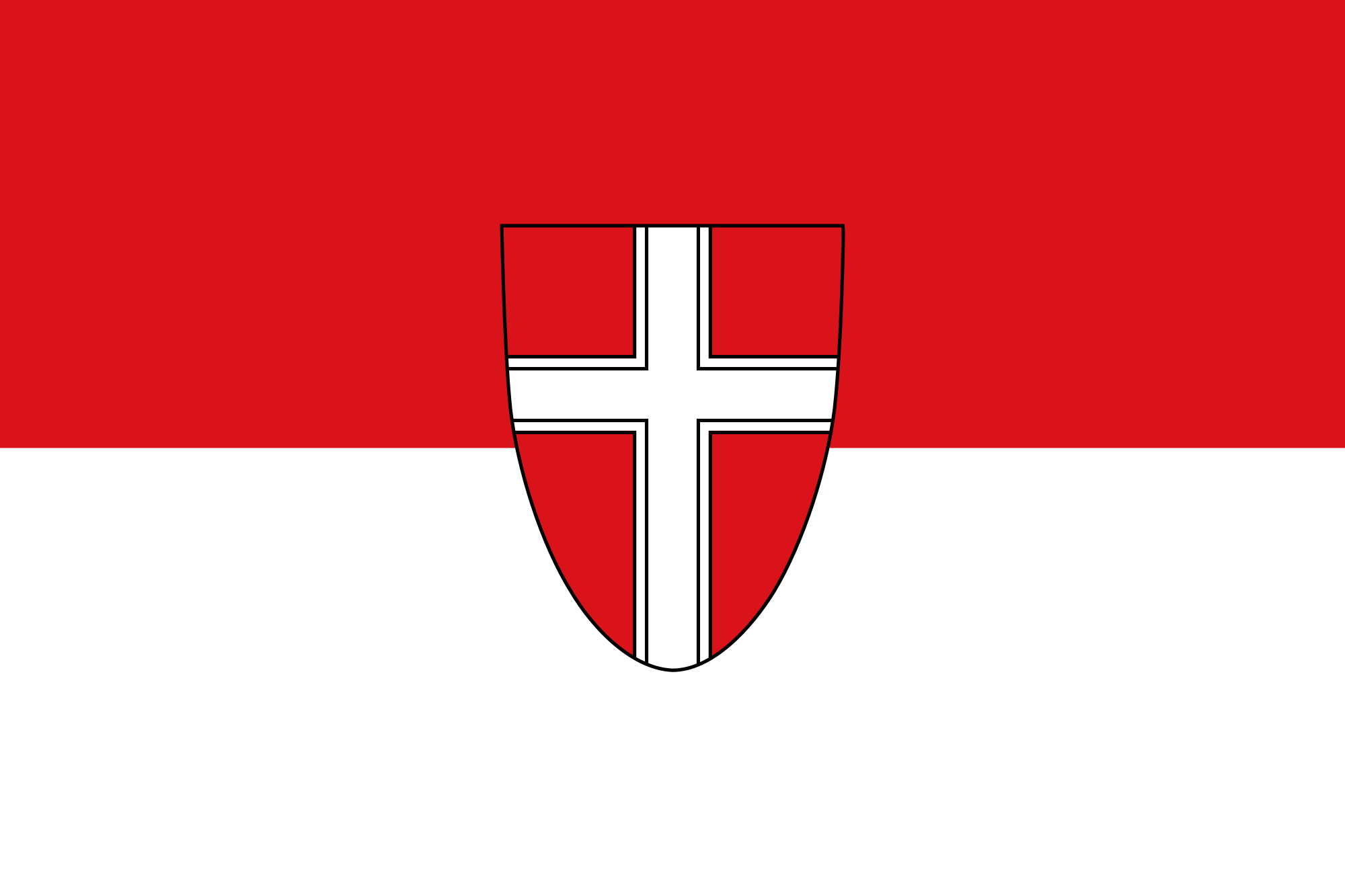 Wien
Wien


 Afghanistan
Afghanistan
 Aserbaidschan
Aserbaidschan

 Hand in Hand
Hand in Hand
 Iran
Iran
 Kasachstan
Kasachstan
 Kirgisistan
Kirgisistan
 Pakistan
Pakistan
 Tadschikistan
Tadschikistan
 Türkei
Türkei
 Turkmenistan
Turkmenistan
 Usbekistan
Usbekistan

 Wichtige internationale Organisationen
Wichtige internationale Organisationen
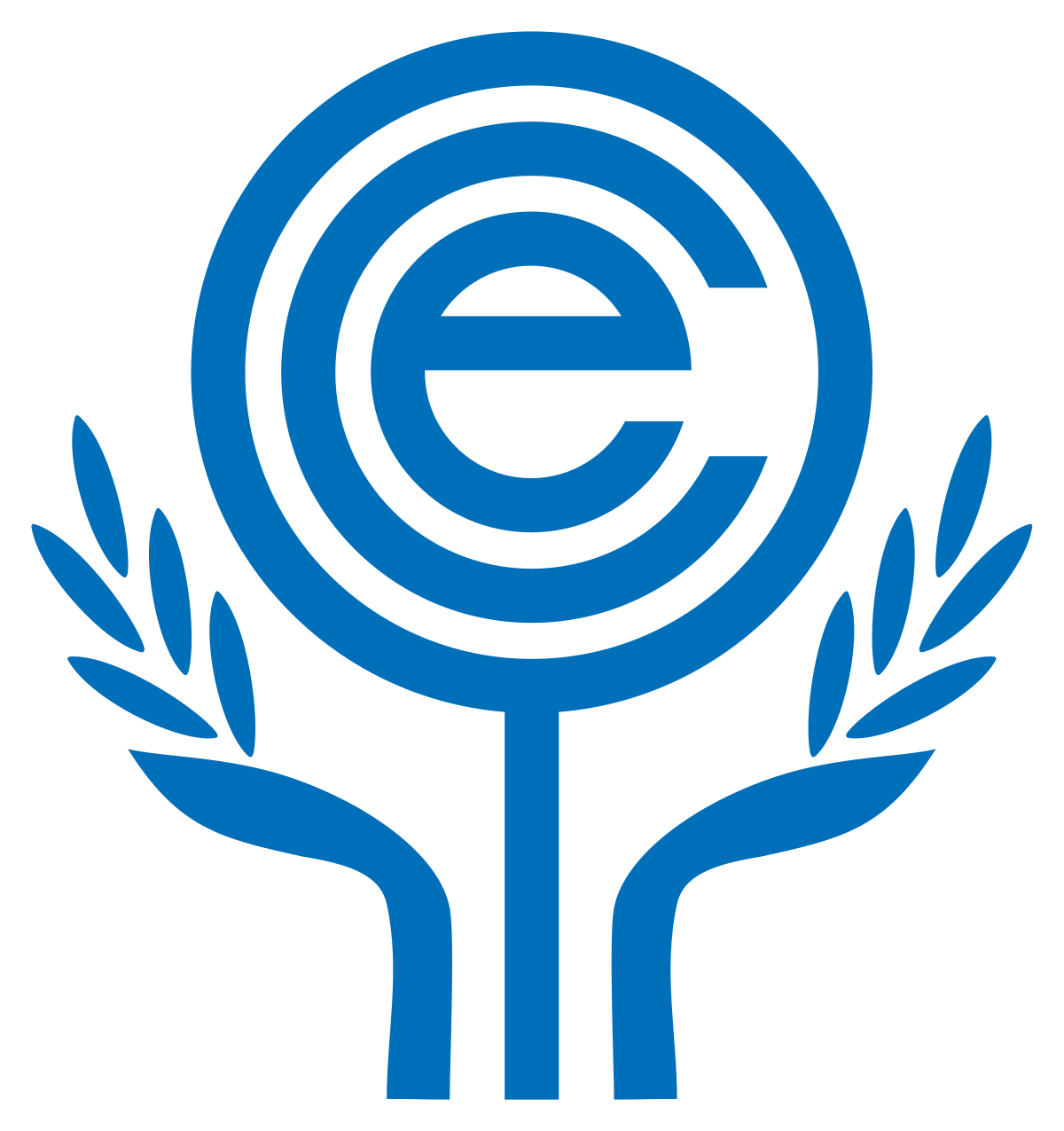
 Australien
Australien
 Belgien
Belgien
 Chile
Chile
 Dänemark
Dänemark
 Deutschland
Deutschland
 Estland
Estland
 Finnland
Finnland
 Frankreich
Frankreich
 Griechenland
Griechenland
 Irland
Irland
 Island
Island
 Israel
Israel
 Italien
Italien
 Japan
Japan
 Kanada
Kanada
 Luxemburg
Luxemburg
 Mexiko
Mexiko
 Neuseeland
Neuseeland
 Niederlande
Niederlande
 Norwegen
Norwegen
 OECD
OECD
 Emiel van Lennep
Emiel van Lennep
 OECD
OECD
 Don Johnston
Don Johnston
 OECD
OECD
 Jean-Claude Paye
Jean-Claude Paye
 OECD
OECD
 José Ángel Gurría
José Ángel Gurría
 OECD
OECD
 Staffan Sohlman
Staffan Sohlman
 OECD
OECD
 Thorkil Kristensen
Thorkil Kristensen
 Österreich
Österreich
 Polen
Polen
 Portugal
Portugal
 Republik Korea
Republik Korea
 Schweden
Schweden
 Schweiz
Schweiz
 Slowakei
Slowakei
 Slowenien
Slowenien
 Spanien
Spanien
 Tschechien
Tschechien
 Türkei
Türkei
 Ungarn
Ungarn
 Vereinigte Staaten
Vereinigte Staaten
 Vereinigtes Königreich
Vereinigtes Königreich

 Wichtige internationale Organisationen
Wichtige internationale Organisationen
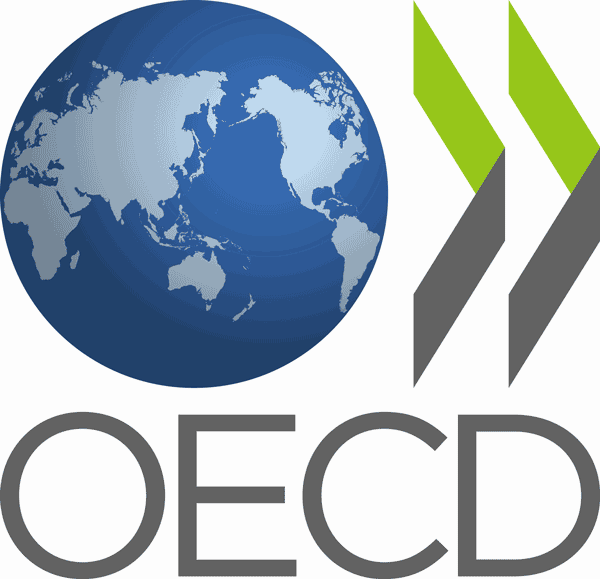
経済協力開発機構(けいざいきょうりょくかいはつきこう)は、国際経済全般について協議することを目的とした国際機関。公用語の正式名称は、英語では"Organisation[1] for Economic Co-operation and Development"(イギリス英語表記)、フランス語では"Organisation de Coopération et de Développement Economiques"。略称は英語ではOECD、フランス語ではOCDE。
本部事務局はパリ16区の旧ラ・ミュエット宮殿に置かれている。事務総長はアンヘル・グリア。
The Organisation for Economic Co-operation and Development (OECD; French: Organisation de Coopération et de Développement Économiques, OCDE) is an intergovernmental economic organisation with 37 member countries,[1] founded in 1961 to stimulate economic progress and world trade. It is a forum of countries describing themselves as committed to democracy and the market economy, providing a platform to compare policy experiences, seek answers to common problems, identify good practices and coordinate domestic and international policies of its members. Generally, OECD members are high-income economies with a very high Human Development Index (HDI) and are regarded as developed countries. As of 2017, the OECD member countries collectively comprised 62.2% of global nominal GDP (US$49.6 trillion)[3] and 42.8% of global GDP (Int$54.2 trillion) at purchasing power parity.[4] The OECD is an official United Nations observer.[5]
In 1948, the OECD originated as the Organisation for European Economic Co-operation (OEEC),[6] led by Robert Marjolin of France, to help administer the Marshall Plan (which was rejected by the Soviet Union and its satellite states).[7] This would be achieved by allocating United States financial aid and implementing economic programs for the reconstruction of Europe after World War II. (Similar reconstruction aid was sent to the war-torn Republic of China and post-war Korea, but not under the name "Marshall Plan".)[8]
In 1961, the OEEC was reformed into the Organisation for Economic Co-operation and Development by the Convention on the Organisation for Economic Co-operation and Development and membership was extended to non-European states.[9][10] The OECD's headquarters are at the Château de la Muette in Paris, France.[11] The OECD is funded by contributions from member countries at varying rates and had a total budget of €386 million in 2019.[2]
Although OECD does not have a power to enforce its decisions, which further require unanimous vote from its members, it is recognized as highly influential publisher of mostly economic data through publications as well as annual evaluations and rankings of members countries.[12]
L'Organisation de coopération et de développement économiques (OCDE) est une organisation internationale d'études économiques, dont les pays membres — des pays développés pour la plupart — ont en commun un système de gouvernement démocratique et une économie de marché. Elle joue essentiellement un rôle d'assemblée consultative1.
L'OCDE a succédé à l'Organisation européenne de coopération économique (OECE) issue du plan Marshall et de la Conférence des Seize (Conférence de coopération économique européenne) qui a existé de 1948 à 1960. Son but était l'établissement d'une organisation permanente chargée en premier lieu d'assurer la mise en œuvre du programme de relèvement commun (le plan Marshall), et, en particulier, d'en superviser la répartition2.
En 2020, l'OCDE compte 37 pays membres et regroupe plusieurs centaines d'experts. Elle publie fréquemment des études économiques et sociales — analyses, prévisions et recommandations de politique économique — et des statistiques, principalement concernant ses pays membres.
Le siège de l'OCDE se situe à Paris (16e), au château de la Muette. L'organisation possède également des bureaux dans plusieurs autres métropoles, notamment à Berlin, Mexico, Tokyo et Washington.
L'Organizzazione per la cooperazione e lo sviluppo economico (OCSE) – in inglese Organization for Economic Co-operation and Development (OECD), e in francese Organisation de coopération et de développement économiques (OCDE) – è un'organizzazione internazionale di studi economici per i paesi membri, paesi sviluppati aventi in comune un'economia di mercato.
L'organizzazione svolge prevalentemente un ruolo di assemblea consultiva che consente un'occasione di confronto delle esperienze politiche, per la risoluzione dei problemi comuni, l'identificazione di pratiche commerciali e il coordinamento delle politiche locali e internazionali dei paesi membri[1]. Ha sede a Parigi nello Château de la Muette[2].
Gli ultimi paesi ad aver aderito all'OCSE sono la Colombia (28 aprile 2020),la Lettonia (1º luglio 2016) e la Lituania (5 luglio 2018), per un totale di 36 paesi membri.
La Organización para la Cooperación y el Desarrollo Económico1 (OCDE) es un organismo de cooperación internacional, compuesto por 37 estados,34 cuyo objetivo es coordinar sus políticas económicas y sociales. La OCDE fue fundada en 1961 y su sede central se encuentra en el Château de la Muette en París (Francia). Los idiomas oficiales de la entidad son el francés y el inglés.2
En la OCDE, los representantes de los países miembros se reúnen para intercambiar información y armonizar políticas con el objetivo de maximizar su crecimiento económico y colaborar a su desarrollo y al de los países no miembros.
Conocida como «club de los países ricos»,56 a partir de 2017, sus países miembros comprendieron colectivamente el 62,2 % del PIB nominal global (US$49,6 billones) y el 42,8 % del PIB global (Int US$54,2 billones).7
Организа́ция экономи́ческого сотру́дничества и разви́тия (сокр. ОЭСР, англ. Organisation for Economic Co-operation and Development, OECD) — международная экономическая организация развитых стран, признающих принципы представительной демократии и свободной рыночной экономики.
Создана в 1948 году под названием Организа́ция европе́йского экономи́ческого сотру́дничества (англ. Organisation for European Economic Co-operation, OEEC) для координации проектов экономической реконструкции Европы в рамках плана Маршалла.
Штаб-квартира организации располагается в Шато де ла Мюетт, в Париже. Генеральный секретарь (с 2006 года) — Хосе Анхель Гурриа Тревиньо (Мексика). Руководящим органом ОЭСР является совет представителей стран — членов организации. Все решения в нём принимаются на основе консенсуса.
По данным на 2011 год, в странах ОЭСР проживало 18 % населения мира[2].
 Wirtschaft und Handel
Wirtschaft und Handel